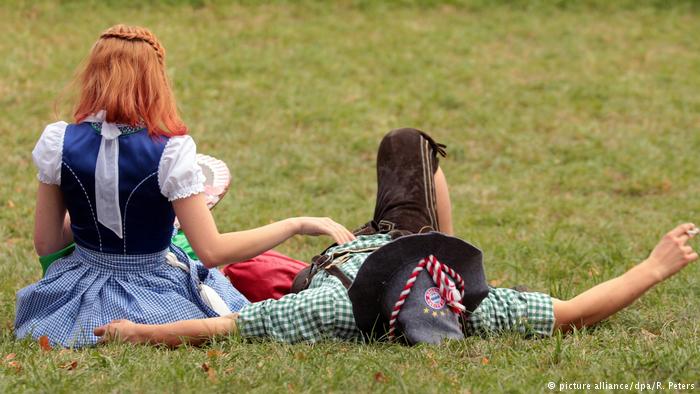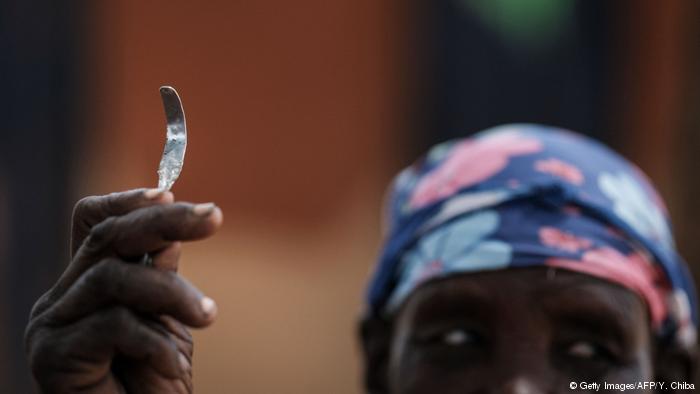Shame, fear, financial dependence – Many European women are afraid to report abuse

Germany, A modern country ruled by a powerful female chancellor for three consecutive terms, might appear unlikely to be high on an index of aggressive gender behavior.
Contrary to this perception, however, the United Nations Women’s Federal Database on Violence Against Women, suggests that 22 percent of German woman face some form of domestic violence in their lifetime. This, in spite of all the systems and laws already in place in Germany for the protection of women.
“There is no doubt, domestic violence exists in Germany but due to lack of research or substantial statistics, the issue remains underrepresented,” says Johanna Thie, spokesperson for the center for children, youth, women and family at Diakonie Germany,
According to the German Federal Ministry for Family Affairs, Senior Citizens, Women and Youth (BMFSFJ), which is responsible for protection of women rights, the perpetrators of violence in Germany come from all social backgrounds, age groups and nationalities, age groups and violence takes place in different types of relationship. Thie verifies this: “Not only women from migrant or refugee backgrounds, women from any social or ethnic orientation could be the victims of domestic violence in Germany.”
Aggression meted out to women is not limited to intimate partners or spouses, male family members, including fathers, brothers and sons are also aggressors, says Thie: “We cannot deny the practices of forced marriages, honor killings or the emotional exploitation of young girls.”
Refugee women are more vulnerable to sexual or physical violence and domestic abuse is likely to rise due to social transformation.
It took Hannah Neumann**, now a single mother who lives in Sankt Augustin, many years to concede that she was enduring emotional abuse at the hand of her husband. “After a few years of marriage, my ex-husband grew unhappy and turned into an extremely short-tempered person,”
“It was not direct physical violence, but when he was upset he had bouts of angry screaming and smashed stuff. He wouldn’t even care about the children while yelling at me.”
Thie says that physical abuse is the most prevalent form of violence that women in Germany are subjected to by partners, but this is often accompanied by psychological and sexual abuse. There is also economic violence.
The World Health Organization lists sexual and physical violence by intimate partners as a major mental and physical health concern for women.
Neumann felt emotionally broken and helpless when she lived with a husband who would not hesitate to verbally abuse her and the children and sometimes even hit himself. Since she had been raised in a protective and loving family environment, she did not know how to escape.
“Unequal power relationships use and abuse of perceived male power and dominance are often at play,” says Thie. “Domestic abuse is a complex interplay of economic conditions and accepted gender roles in a society.”
For a long time, Neumann tried to save her marriage: “For the sake of my daughters but when I noticed he had no affection or sensitivity to our children, I decided to end this torturous relationship.”
Neumann now lives alone with her daughters and feels considerably less stressed. “I used to blame myself and would often feel guilty for not being able to give my children a normal family life, but now I feel they are now living a much happier life than before.”
Domestic violence is also not limited to people who are not known. Following her divorce, German supermodel Heidi Klum revealed that the reason was her ex-husband’s violent temper. Not all German women like to openly talk about abusive spouses or partners for fear of being socially stigmatized. Since 2013, BMFSFJ has set up a free helpline for women and girls affected by violence.
“According to an official study in 2016, 126,000 people were ‘officially reported’ as victims of violence, whereas 82 percent of them were women. Taking into account the cases which go unreported, the number could be higher,” says Thie.
Since many Europeans, according to a PEW survey, consider domestic abuse as a serious problem, why is it that many European women are afraid to report abuse?
Thie says that women are likely to report an abusive partner to the police only in cases of extreme physical violence, while psychological or other emotional harm are often deliberately ignored. “Shame, fear, financial dependence and considerations for the children are main reasons for this silence.”
Another reason for not leaving abusive partners is the prevalence of conservative values in society. “Many women fear living alone or being not able to raise their children without a father,” says Neumann. “But we can do everything if we admit to ourselves that there is no justification for violence in any relationship.”
The EU Fundamental Rights Agency states that domestic violence is a widespread problem in Europe. Johanna Thie underscores the importance of equal pay for women to help them take firm decisions in abusive relationships while taking control of their bodies and emotional well-being.
**The name has been changed by DW, at the behest of interviewee, to protect identities.
Author: Duriya Hashmi (act)
–






